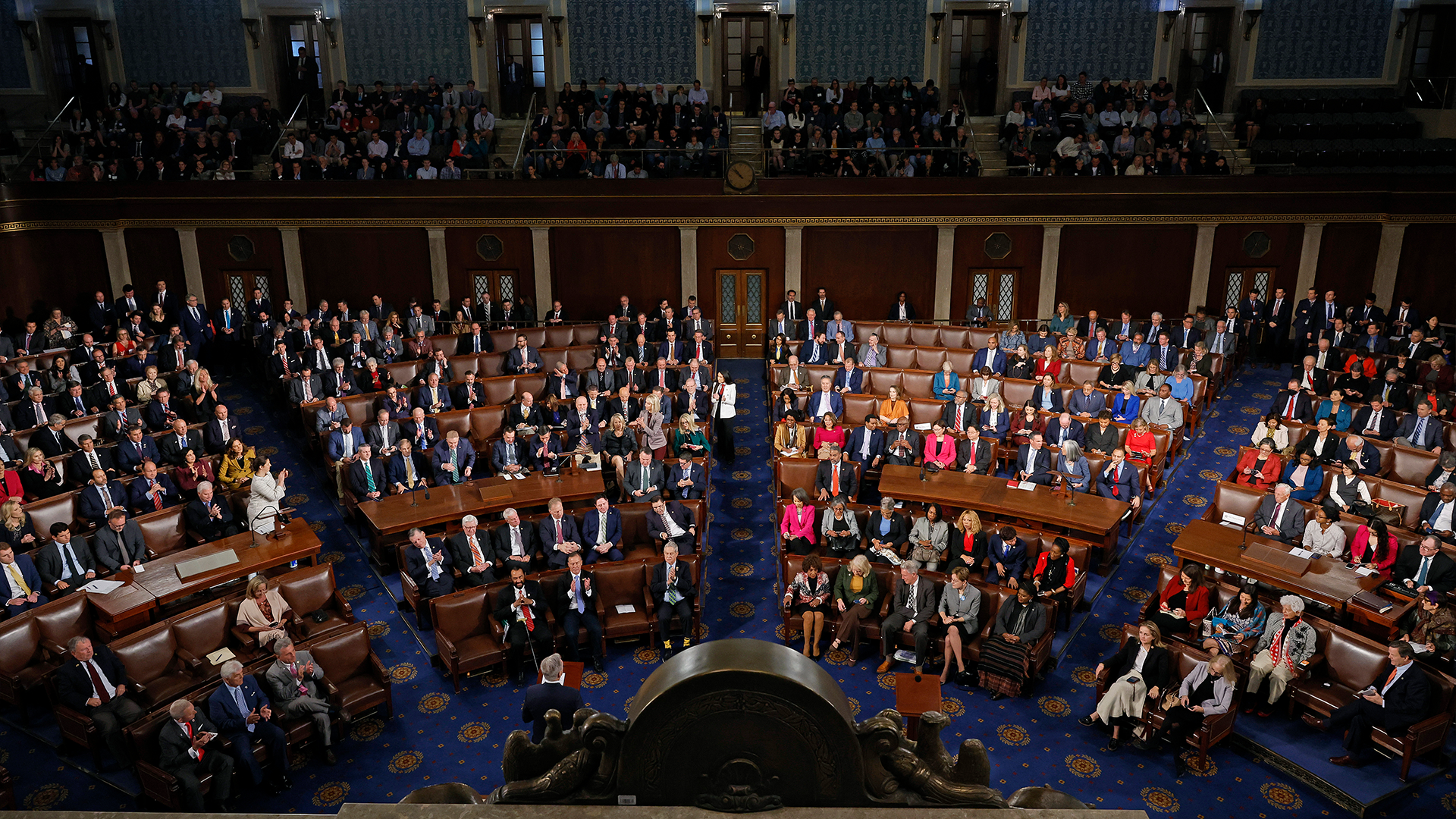On November 20, 2025, the United States Senate passed a significant resolution by a narrow margin of 51–43, using the Congressional Review Act to overturn a rule issued by the federal government that had effectively banned future coal leasing on public lands in a key Wyoming region. This resolution marks a major shift in federal land policy and energy regulation, with far-reaching implications for the economy, environmental policy, and political dynamics.
Understanding the Resolution
The resolution targeted a rule issued in late 2024 that amended the resource management plan for a federal office in Wyoming. This amendment had designated that no federal coal in the area would be available for future leasing, effectively halting new coal development. The Congressional Review Act, which allows Congress to nullify federal agency rules, provided the mechanism to reverse this decision. By passing the resolution, Congress reinstated the previous resource management plan, which allowed coal leasing in the region.
Background of the Original Rule
The federal amendment was a response to a court decision requiring the agency to evaluate environmental and climate impacts more thoroughly. The agency’s decision to prohibit future coal leasing reflected concerns about carbon emissions, public health, and the long-term environmental impact of continued coal extraction. However, the decision was highly controversial in coal-producing states, particularly Wyoming, where coal revenues and jobs are critical to local economies.
The 2024 rule would have prevented the development of billions of tons of federally controlled coal. Local lawmakers and industry groups warned that this would have significant economic repercussions, including job losses, reduced tax revenues, and harm to communities reliant on coal mining. The resolution sought to prevent these outcomes by restoring the previous leasing framework.
The Role of the Congressional Review Act
The Congressional Review Act allows Congress to overturn recently finalized federal agency rules within a limited time window. If a resolution passes both chambers of Congress and is signed by the President, the rule is nullified and cannot be reissued in a substantially similar form without new congressional authorization. This tool, though rarely used, provides Congress with a powerful mechanism to counter executive-branch regulatory decisions.
In this case, supporters of the resolution argued that the 2024 amendment overstepped regulatory authority and threatened the economic stability of coal-dependent regions. Opponents, however, viewed it as a setback for climate policy and environmental protection, highlighting the ongoing tension between economic development and climate goals.
Economic and Social Impacts
Wyoming, home to the nation’s largest coal-producing region, stood at the center of this debate. Coal leasing contributes significantly to the state’s revenues, funding public schools, infrastructure projects, and local governments. Additionally, coal mining supports thousands of jobs, from direct employment in mines to secondary employment in related industries.
Supporters of the resolution argued that halting coal leasing would harm the local economy and force communities to bear the brunt of policy decisions made at the federal level. By restoring the previous plan, they claimed, the resolution would preserve jobs, sustain economic growth, and maintain federal revenue streams derived from coal leasing.
Political Context
The resolution’s passage underscores a broader political divide in the United States. Lawmakers from coal-producing states argued that the federal government should not unilaterally restrict energy development in their regions. Lawmakers and environmental advocates countered that fossil fuel extraction contributes to climate change and that federal agencies have a duty to regulate public lands to protect the environment and public health.
The close vote in the Senate reflects these divisions. In the House, the resolution also passed narrowly, signaling a highly partisan and geographically divided issue. The debate illustrates how energy and environmental policy can intersect with political, economic, and regional considerations in complex ways.
Environmental Considerations
While the resolution restores coal leasing, it does not erase environmental concerns. Coal extraction has well-documented impacts, including greenhouse gas emissions, water use, and land disruption. Critics argued that overturning the rule undermines efforts to reduce carbon emissions and transition toward cleaner energy sources. They warned that expanding coal production could have long-term consequences for climate policy and public health.
Supporters countered that coal remains a critical component of the nation’s energy mix and that ensuring access to domestic energy resources is essential for economic and national security. They emphasized that regulatory overreach should not undermine local economies or federal-state partnerships in land management.
Legal and Policy Implications
By using the Congressional Review Act, Congress not only nullified the federal rule but also limited the agency’s ability to issue similar rules in the future without explicit congressional approval. This sets a precedent for using legislative authority to override executive-branch rulemaking, particularly in areas where economic interests and environmental regulation clash.
The resolution also highlights the balance of power between Congress and federal agencies. While agencies have technical expertise and regulatory authority, Congress retains oversight power and can intervene when policy decisions significantly impact states, industries, or constituencies.
What Comes Next
After the Senate passed the resolution, it awaited the President’s signature to take effect. Once signed, the 2024 rule would be officially nullified, and the agency would revert to the previous resource management plan, reopening federal coal lands to leasing and potential development. This administrative shift will require the agency to evaluate pending and future leasing applications under the restored framework, ensuring compliance with federal law and court requirements.
The political implications of this vote may also extend beyond Wyoming. Other states with significant natural resource industries may consider pursuing similar congressional interventions when federal regulations limit development. Additionally, environmental advocates may seek legal or legislative strategies to mitigate the effects of the resolution.
Broader Implications for Energy Policy
The vote represents a microcosm of the national debate over energy policy. It underscores the tension between environmental sustainability and economic development, particularly in regions heavily reliant on fossil fuel extraction. The resolution illustrates how policy decisions at the federal level can have immediate and tangible impacts on local communities, energy markets, and national climate strategies.
For the coal industry, the resolution provides a temporary reprieve and an opportunity to maintain or expand production. However, economic trends, including competition from renewable energy, natural gas, and global market shifts, will continue to influence the industry’s long-term viability. For environmental policy advocates, the resolution represents a setback but also reinforces the need for coordinated legislative and regulatory approaches to achieve climate goals.
Conclusion
The Senate’s passage of the resolution overturning the federal coal leasing ban reflects a broader struggle over energy policy, economic priorities, and environmental regulation. By using the Congressional Review Act, lawmakers were able to reverse a federal rule, protect local economies, and assert congressional authority over executive agency decisions.
At the same time, the resolution highlights the ongoing debate between economic growth and environmental stewardship, illustrating how federal policy decisions can ripple through local communities, energy markets, and national climate strategies. The vote underscores the enduring relevance of congressional tools, demonstrating that even in a highly regulated era, Congress retains the ability to directly shape federal policy. The resolution will likely serve as a case study in the interplay between law, politics, and energy policy for years to come, showing the high stakes involved whenever public lands, natural resources, and national priorities collide.

Emily Johnson is a critically acclaimed essayist and novelist known for her thought-provoking works centered on feminism, women’s rights, and modern relationships. Born and raised in Portland, Oregon, Emily grew up with a deep love of books, often spending her afternoons at her local library. She went on to study literature and gender studies at UCLA, where she became deeply involved in activism and began publishing essays in campus journals. Her debut essay collection, Voices Unbound, struck a chord with readers nationwide for its fearless exploration of gender dynamics, identity, and the challenges faced by women in contemporary society. Emily later transitioned into fiction, writing novels that balance compelling storytelling with social commentary. Her protagonists are often strong, multidimensional women navigating love, ambition, and the struggles of everyday life, making her a favorite among readers who crave authentic, relatable narratives. Critics praise her ability to merge personal intimacy with universal themes. Off the page, Emily is an advocate for women in publishing, leading workshops that encourage young female writers to embrace their voices. She lives in Seattle with her partner and two rescue cats, where she continues to write, teach, and inspire a new generation of storytellers.









